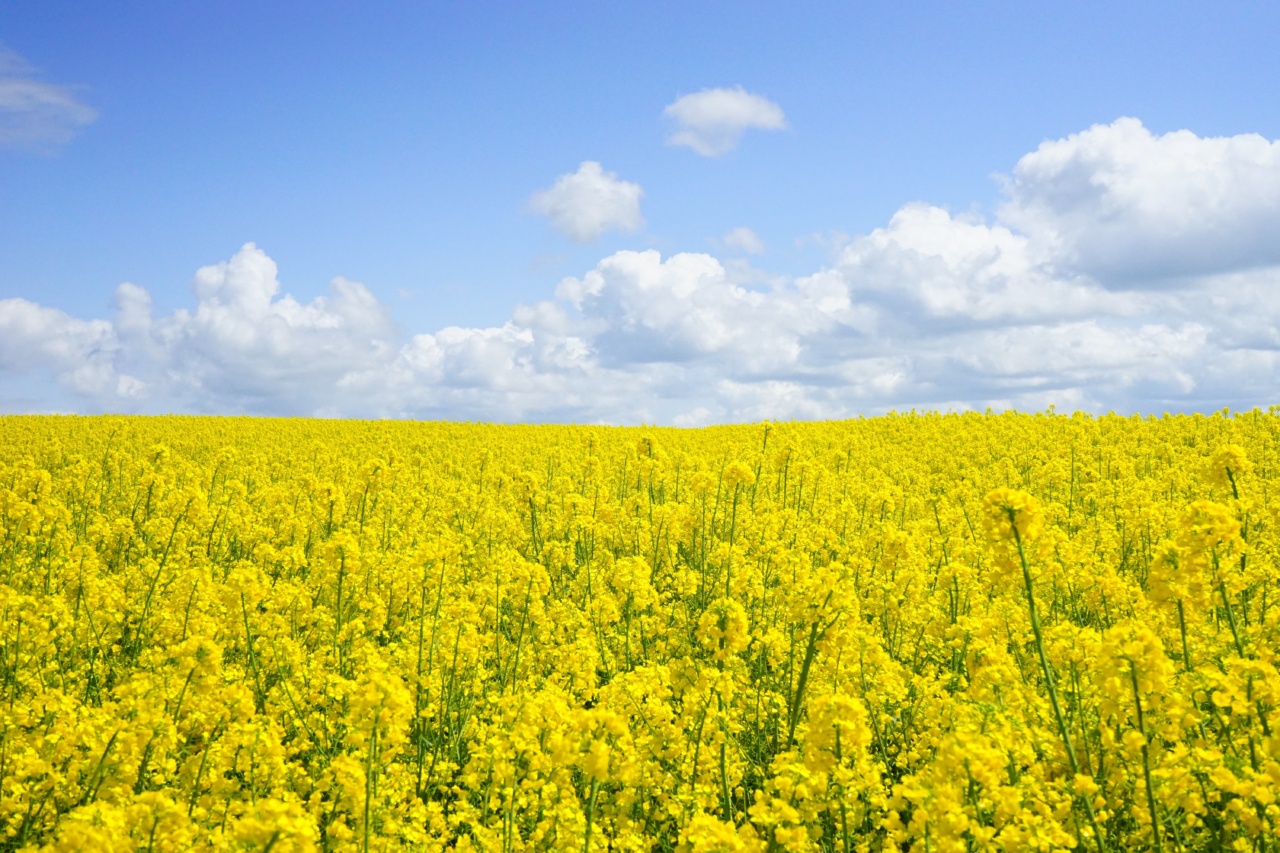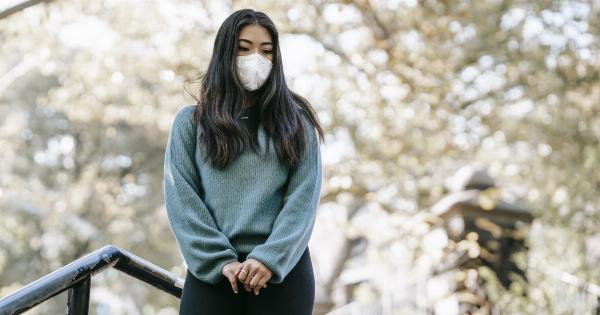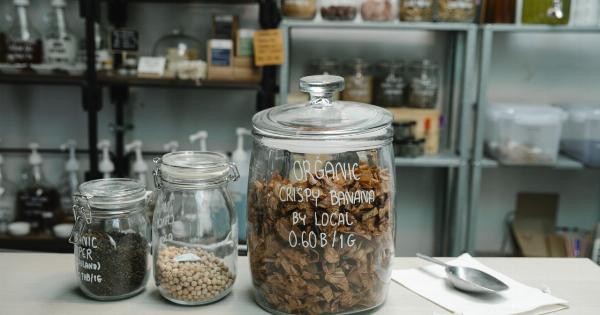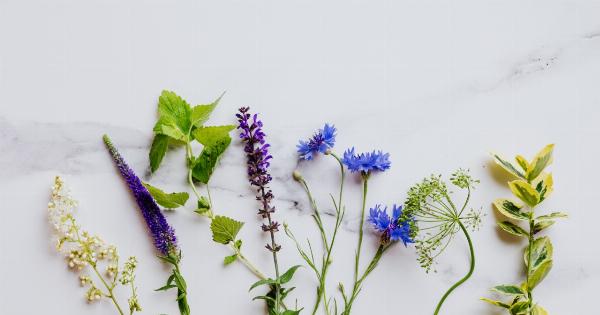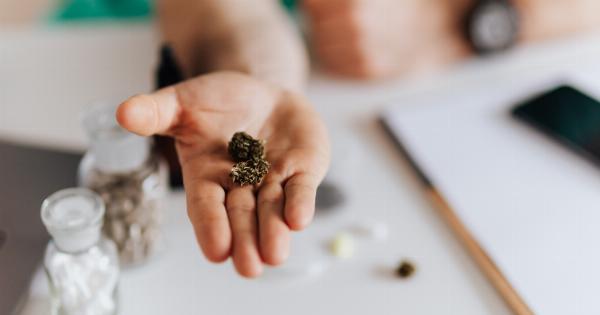Cough, bronchitis, and asthma are some of the common respiratory conditions experienced by people of all ages. They are caused by inflammation and infection of the respiratory system.
While there are over-the-counter medications to relieve the symptoms, herbal decoctions have been used for centuries as a natural remedy to combat respiratory problems. This article explores the different herbal decoctions that can help relieve cough, bronchitis, and asthma symptoms.
Ginger and Honey Decoction
Ginger and honey decoction is a traditional remedy often recommended for treating respiratory problems such as cough, bronchitis, and asthma.
It contains anti-inflammatory properties and natural antioxidants, which help in improving the body’s immunity. Making ginger and honey decoction is easy. You need to take fresh ginger root, cut it into small pieces, crush them, and add them to a pot of boiling water. Stir it well and simmer the mixture for 15-20 minutes.
After that, strain the mixture and add honey as per your taste. Drink the decoction twice daily for best results.
Turmeric Decoction
Turmeric has powerful antioxidant, antiviral, and anti-inflammatory properties. It contains curcumin, which helps to reduce inflammation and swelling in the respiratory system.
To make turmeric decoction, take one tablespoon of grated turmeric and add it to a cup of boiling water. Stir well and let the mixture sit for 10 minutes. Strain the mixture and add honey as per your taste. Drink this decoction twice daily for maximum benefits.
Garlic Decoction
Garlic is a natural immune booster and contains antibacterial, antiviral, and anti-inflammatory properties. It can help to reduce inflammation in the respiratory system and prevent infection.
To make garlic decoction, take ten cloves of garlic and crush them. Add them to a pot of boiling water, stir well, and let the mixture simmer for 10-15 minutes. Strain the mixture and drink it once daily for maximum benefits.
Mullein Decoction
Mullein is a traditional herb used for centuries to treat respiratory problems such as cough, bronchitis, and asthma.
It contains anti-inflammatory and expectorant properties, which help in reducing inflammation of the respiratory system and clear up mucus. To make mullein decoction, take one tablespoon of dried mullein leaves and add them to a pot of boiling water. Stir well and let the mixture sit for 10 minutes. Strain the mixture and drink it twice daily for best results.
Licorice Root Decoction
Licorice root is an ancient herb used in traditional medicine to treat respiratory problems such as cough, bronchitis, and asthma.
It contains expectorant and anti-inflammatory properties, which help in reducing inflammation of the respiratory system and clear up mucus. To make licorice root decoction, take one teaspoon of dried licorice roots and add them to a pot of boiling water. Stir well and let the mixture sit for 10 minutes. Strain the mixture and drink it twice daily for maximum benefits.
Peppermint Decoction
Peppermint contains menthol, which helps to relieve congestion and irritation in the respiratory system. It also contains anti-inflammatory and antibacterial properties, which help in reducing inflammation and preventing infection.
To make peppermint decoction, take one tablespoon of dried peppermint leaves and add them to a pot of boiling water. Stir well and let the mixture sit for 5-10 minutes. Strain the mixture and add honey as per your taste. Drink this decoction twice daily for best results.
Ginkgo Biloba Decoction
Ginkgo biloba is a traditional herb used for centuries to treat respiratory problems such as cough, bronchitis, and asthma.
It contains anti-inflammatory and antioxidant properties, which help in reducing inflammation and boosting the body’s immunity. To make ginkgo biloba decoction, take one teaspoon of dried ginkgo biloba leaves and add them to a pot of boiling water. Stir well and let the mixture sit for 10 minutes. Strain the mixture and drink it twice daily for maximum benefits.
Eucalyptus Decoction
Eucalyptus contains eucalyptol, which helps to break up mucus and relieve irritation in the respiratory system. It also contains anti-inflammatory and antibacterial properties, which help in reducing inflammation and preventing infection.
To make eucalyptus decoction, take one tablespoon of dried eucalyptus leaves and add them to a pot of boiling water. Stir well and let the mixture sit for 5-10 minutes. Strain the mixture, add honey as per your taste, and drink it twice daily for best results.
Thyme Decoction
Thyme contains thymol, which is known for its antiseptic and expectorant properties. It helps in reducing inflammation and breaking up mucus in the respiratory system.
To make thyme decoction, take one tablespoon of dried thyme leaves and add them to a pot of boiling water. Stir well and let the mixture sit for 10 minutes. Strain the mixture and drink it twice daily for maximum benefits.
Oregano Decoction
Oregano contains carvacrol and thymol, which have antibacterial and antifungal properties. It helps in reducing inflammation and preventing infection in the respiratory system.
To make oregano decoction, take one tablespoon of dried oregano leaves and add them to a pot of boiling water. Stir well and let the mixture sit for 5-10 minutes. Strain the mixture, add honey as per your taste, and drink it twice daily for best results.
Conclusion
Herbal decoctions have been used for centuries as a natural remedy to treat cough, bronchitis, and asthma.
They contain natural antioxidants, antiviral, and anti-inflammatory properties, which help in reducing inflammation of the respiratory system and boosting the body’s immunity. Anyone experiencing cough, bronchitis, and asthma, can easily make these herbal decoctions at home and drink them twice daily for maximum benefits. However, it is advisable to consult a doctor before starting any herbal remedy.
